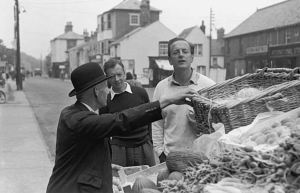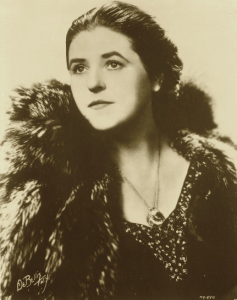Podcast: Play in new window | Download (Duration: 1:31:08 — 102.4MB) | Embed
Subscribe: Spotify | TuneIn | RSS | More
Today’s episode celebrates the life and legacy of lyric baritone William Parker (05 August 1943 – 29 March 1993), the finest American recitalist of the late twentieth century and one of the most beautiful baritone voices I have ever heard. His mastery of the German, American (and, especially for me, French) song repertoire sends one scrambling back to the earlier days of recorded sound to find suitable parallels. Though we had many friends and colleagues in common, I never met him personally. But this week, at my request as I was preparing this episode, many who loved him have been in touch with me: family, friends, colleagues, lovers, and they have provided me with a wealth of beautiful reminiscences and memories of their beloved Will. I have also compiled a setlist for the episode which displays the full breadth and depth of his artistry. At the end of his life, Will, dying of AIDS, created an initiative called the AIDS Quilt Songbook, to which some of the greatest composers and poets of the day provided songs and texts. Like the AIDS Quilt itself, this is a living legacy which continues to expand and grow. There are numerous works from the Songbook in its various iterations, performed not just by Will, but also by Kurt Ollmann and Anthony Dean Griffey, which serve not only as a painful reminder of an entire generation lost to AIDS, but also as a moving reminder of the LGBTQ+ community’s ability to face down ignorance, hatred, prejudice, even death, and in the end not only to triumph, but to provide an example for present and future generations of our resilience.
Countermelody is a podcast devoted to the glory and the power of the human voice raised in song. Singer and vocal aficionado Daniel Gundlach explores great singers of the past and present focusing in particular on those who are less well-remembered today than they should be. Daniel’s lifetime in music as a professional countertenor, pianist, vocal coach, voice teacher, and journalist yields an exciting array of anecdotes, impressions, and “inside stories.” At Countermelody’s core is the celebration of great singers of all stripes, their instruments, and the connection they make to the words they sing. By clicking on the following link (https://linktr.ee/CountermelodyPodcast) you can find the dedicated Countermelody website which contains additional content including artist photos and episode setlists. The link will also take you to Countermelody’s Patreon page, where you can pledge your monthly support at whatever level you can afford. Bonus episodes available exclusively to Patreon supporters are currently available and further bonus content including interviews and livestreams is planned for the upcoming season.



